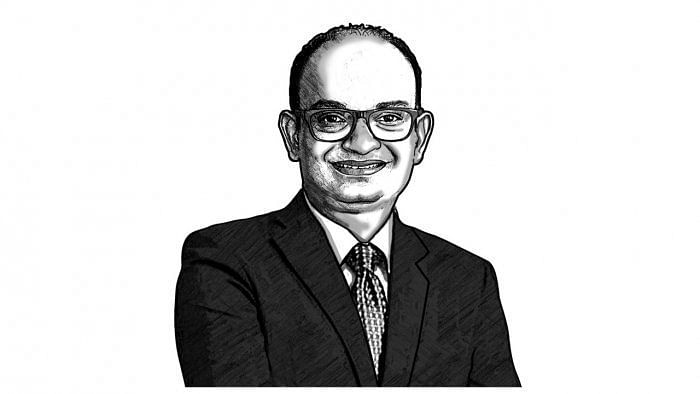
Hailing from a family of farmers and engineers on one side and writers and filmmakers on the other, I have always found myself navigating between left-brained and right-brained worlds. Curiosity has allowed me to explore and appreciate the beauty of both structured logic and creative expression. Also, within me exists a part that cherishes the comfort of home and roots, which co-exists with the nomadic spirit that yearns to wander the world and taste the exhilaration of the unknown! This nomadic spirit is what probably draws me to the colourfully attired Banjara of India (also known as Lambadi and Sugali), and the free-spirited Gypsies of Europe.
Growing up in Bengaluru, my encounters with the Banjaras were few and far between. The few Banjaras I did see were street sweepers or domestic help, their nomadic heritage hidden beneath the need to earn a living. While they had adapted to the ways of the city, they were free-spirited, with hearty laughter and mischief in their eyes. They were never a permanent feature and went as they came – suddenly.
My summers were spent in Hyderabad. There, the Banjaras I saw were toilet cleaners. Most of the old homes had a separate back entrance to the toilet. This allowed the Banjaras to come and go without carrying their “dirty brooms” through the rest of the house. The Banjaras, adorned in their vibrant attire, carried a sense of pride and resilience even in this work.
More recently, I got to know a couple of professionals from the Banjara community who were well-educated and working with MNCs. I worked closely with them on an independent movie as a weekend project lasting well over a year. I also observed that they were proud of their Banjara roots but not defined by them. We became good friends, and I loved and learnt from their work ethic and dedication.
While the Banjaras in India strive to preserve their nomadic identity, the Gypsies in Europe have struggled even more. Throughout history, the Gypsies endured slavery, discrimination, and forced assimilation. Their unique way of life was often misunderstood and met with hostility, leading to marginalisation and exclusion from the mainstream. The haunting echoes of their struggles resonate through the songs they sing.
The beautiful 1940s Gypsy song Djelem Djelem has become the anthem of the Romani people. The catchy melody and lyrics serve as a battlecry for their rights, carrying the weight of their struggles, resilience, and unwavering spirit. It is a testament to their determination to carve out their place in the world and to be heard.
For many years now, the captivating melody of a particular rendition of The Gypsy Waltz has been playing in the back of my mind. It carries the essence of the wandering spirit, the longing for adventure, and the bittersweet beauty of impermanence. The Gypsy Waltz beckons to us to dance, to surrender to the enchanting rhythm, and to embrace the wanderer within. It is a tune that invited me to pen lyrics that capture the essence of its fleeting, ephemeral nature. Recently, I succumbed to this call and wrote verses that spoke of the ever-changing relationship between a river and the land it gracefully flows through. The lyrics attempt to capture the impermanence in our lives, much like the wandering spirit of the Gypsies themselves.
For me, to be able to do the Gypsy Waltz is to be able to:
1. Embrace the duality: Find harmony between structured logic and creative expression, bridging the gap between left-brained and right-brained worlds.
2. Cherish freedom: Nurture the nomadic spirit within, exploring the exhilaration of the unknown while appreciating the comfort of home and roots.
3. Break stereotypes: Look beyond appearances and preconceived notions, recognising the resilience, pride, and talents of individuals from marginalised communities.
4. Embrace impermanence: Emulate the Gypsies' ability to adapt and thrive amidst change, finding beauty in the transient moments and embracing the ever-changing nature of life.
Let me end with a few of lines translated from the song Djelem Djelem:
I have travelled, travelled on long roads, I met happy Roma/O, Roma, from wherever you have come/with your tents along lucky roads/Come with me, Roma, from all over the world/for the Roma, roads have opened!